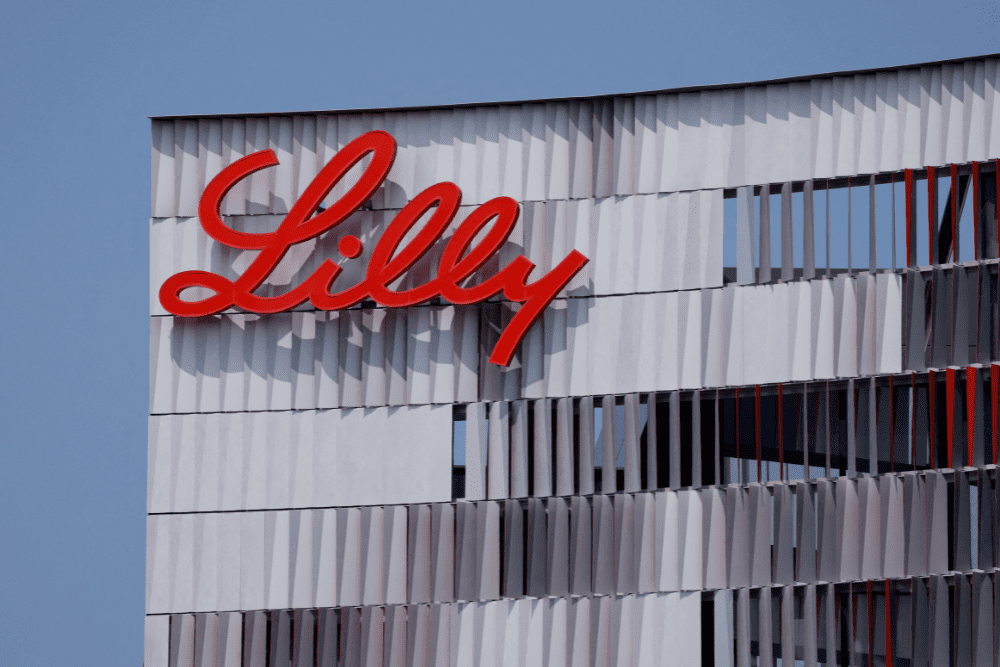(Reuters) – Eli Lilly said on Tuesday Japan’s health ministry has approved donanemab, its drug for Alzheimer’s disease, providing patients with another treatment option after Eisai and Biogen’s Leqembi received the nod in September last year.
Read more: Eli Lilly’s Innovative Medication Mitigates Alzheimer’s Symptoms
Lilly said Japan is the second major market in which the drug has received approval, after the United States where it is sold under the same brand name Kisunla.
The Alzheimer’s Association estimates that more than 4.6 million people are living with dementia in Japan and it is expected to rise significantly as the country’s population ages.
According to Japan’s National Institute of Population and Social Security Research, people aged over 65 are expected to account for 32.3% of the country’s population by 2035.
Like Leqembi, Lilly’s Kisunla is designed to clear an Alzheimer’s-related protein called beta-amyloid from the brain.
In a large, late-stage trial, Kisunla slowed the progression of memory and thinking problems by 29% compared with a placebo. It also caused brain swelling in nearly a quarter of patients and brain bleeding in nearly a third, but most cases were mild.
Kisunla is sold with the FDA’s strongest “boxed” safety warning on its prescribing label in the U.S., flagging the risk of potentially dangerous brain swelling and bleeding, similar to Leqembi.
Unlike Leqembi, Kisunla has finite dosing, which allows patients to stop taking the treatment once brain scans no longer show amyloid plaques.
A Japanese health ministry panel in August had recommended approval for Lilly’s treatment.
Alzheimer’s is the most common cause of dementia and accounts for about 60%-70% of the cases, according to the World Health Organization.
Lilly estimates that the number of patients with dementia could be more than 5 million in Japan by 2030.
Reporting by Puyaan Singh in Bengaluru; Editing by Krishna Chandra Eluri and Vijay Kishore
Header image source: Reuters

